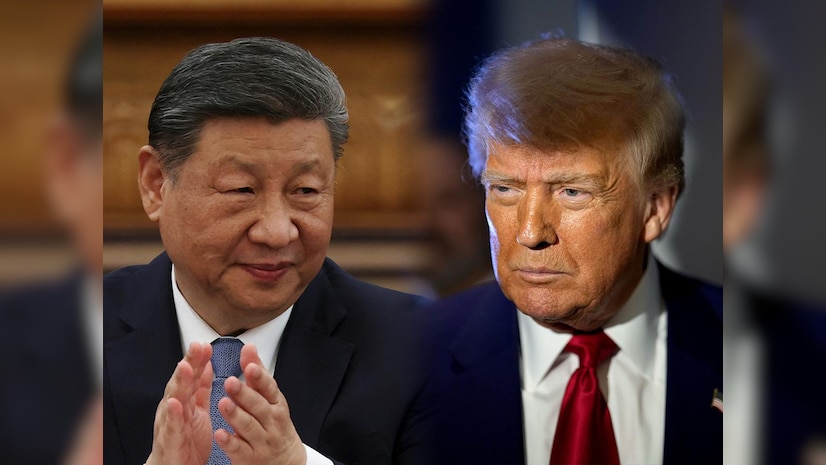Introduction: A Bold Trade Policy Shift by Trump
On April 9, 2025, President Donald Trump issued a 90-day moratorium on tariffs that had been recently approved for the majority of the globe, thereby exacerbating trade disputes. At the same time, he increased the tax rate on Chinese imports to 125%. The ongoing trade conflict between the United States and China has been significantly exacerbated by the significant repercussions of this judgment on the financial markets worldwide. It also affect the global stock market

Result of the 90-Day Tariff Pause
The “reciprocal tariffs” that were intended to impact a number of the United States’ trading partners have been suspended for a period of up to ninety days. This pause will result in a substantial number of products from the majority of countries being subject to a reduced 10% import charge from the United States during this time. Consequently, China is specifically excluded from this relief, as the nation is now subject to a 125% tariff rate on its exports to the United States resulting from this amendment.
China’s Retaliatory Measures Intensify the Conflict
Retaliatory Measures: China has manufactured In response to tariff increases implemented by the United States, China implemented an 84% tax increase on imports from the United States. The trade conflict between the two economic powers has been significantly exacerbated by this retaliatory action, which involves a diverse array of American products. Will it bring recession or stock market crash?

Global Stock Markets React to Tariff Developments
Global stock markets are affected. Upon the announcement that tariffs would be eliminated for the majority of countries, the stock markets in the United States experienced a substantial turnaround. The Nasdaq Composite, which is heavily reliant on technology, experienced a 12.16% increase, while the S&P 500 experienced a significant rise of 9.52%. The Nikkei 225 in Japan and the KOSPI in South Korea both began the day with gains of approximately 7% and 5%, respectively, in accordance with the apparent trend in the Asian market.

Sector-Specific Impact: Nvidia and the Technology Industry
Sector-specific factors: Nvidia and Technology The technological industry has been significantly impacted by the changes in tariffs, particularly for semiconductor companies such as Nvidia and other similar corporations. The company’s stock initially experienced some negative pressure as a result of the additional tariffs imposed on Chinese imports, which are a critical component of Nvidia’s supply chain. Conversely, Nvidia’s stock price experienced a slight recovery as a result of the significant market advance that transpired subsequent to the tariff exemption announcement.

Broader Economic Repercussions: Fears of Global Slowdown
The economy is subject to significant repercussions. There are substantial concerns regarding the probability of a global economic slowdown as a result of the tariff escalation between the United States and China. The International Monetary Fund (IMF) has issued a warning that prolonged trade disputes may result in increased prices for businesses and consumers, disruptions to supply chains, and a decrease in investment.

Concluding Remarks: Temporary Relief Amid Deepening U.S.-China Trade War
Concluding Remarks Within the context of international trade relations, President Trump’s decision to implement a tariff halt for the majority of nations—excluding China—for a ninety-day period has generated a complex dynamic. Despite the fact that the United States has increased tariffs on Chinese exports and China has responded, the trade conflict between the two countries remains a significant source of concern for the global economy, despite the fact that the delay has provided some markets with temporary relief.

